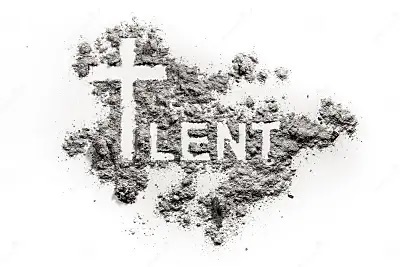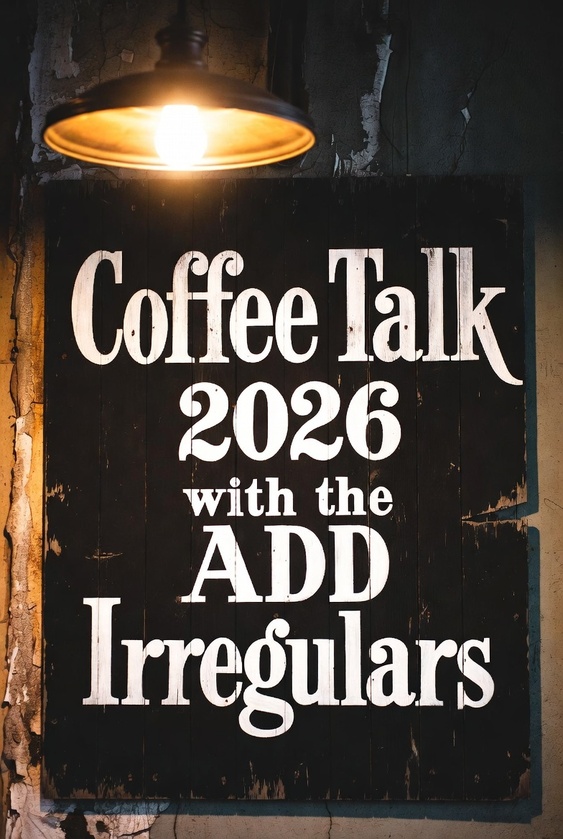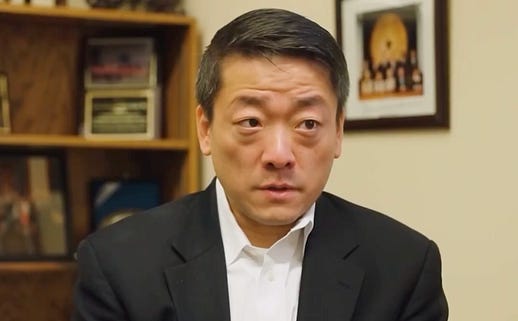Good morning, Digital Neighbors!
One of the spiritual invitations of discipleship and Lent is the practice of prayer. We have a vast treasury of prayers as Catholics. In our desire to cultivate our personal relationship with God one needs a mix of spontaneous prayers and memorized prayers. The spontaneous prayers help us to open our hearts to God and address Him as some who is listening to us as an empathetic friend. No one is more attentive than God to our life. Spontaneous prayers are our most personal prayers to God, but they can often be filled with a lot of ME. Nothing wrong with that, just a warning that being a person of only spontaneous prayer can taint it with too much me and too little Thee. Spontaneous praise and gratitude are good ways to balance focusing too much effort on us.
Memorized prayers can be a great way to celebrate communal prayer. We are praying in unison to God. Memorized prayers are more about the content of prayer than our spontaneous offerings. They are not devoid of our personal awareness, often there are expressions of intention or the asking of various intentions to God. The real danger of memorized prayers is that they can become rote. We pray them without any personal intention or even awareness of God, they become something to get “done” as act of completion rather than an expression of connecting with God. God condemns acts of placating Him throughout the Old Testament. If your heart is not in your prayer, don’t waste your time or God’s. Praying to give God “His due” so you can do as you please are the most objectionable type of prayers to God, we are told repeatedly in Scripture that it is insulting to Him. He rejects the sacrifices of His people because such prayers are seen as lip service and “their hearts are far from me.”
Sorry for that aside, memorized prayers can be great when prayed with awareness and appreciation for their content. They are springboards for connecting with God. They can connect us with the original author and his or her expression in that moment. The Our Father is the Lord’s prayer, Jesus is inviting us to see and relate to God in a particular way. The Hail Mary is partly the greetings of Gabriel and Elizabeth with an act of entrustment at the end as we ask Mary to pray for us now and at the hour of death. The Glory be is an expression of acknowledging God’s sovereignty and that He is the ultimate reality, greater than all of creation.
Many years ago, I came across this prayer, I wonder if it is something of a stretch as the prayer of a 17th century nun, but I have always taken it as authentic. Would a sister write down cocksureness (great word – the strutting of a puffed-up rooster comes to mind)? I bet if she grew up on a farm she did. Roosters love to preen and strut around the hen house. We can get as cocky as they are with our memory and attitude. Either way, it is a great prayer and I hope you enjoy it.




























